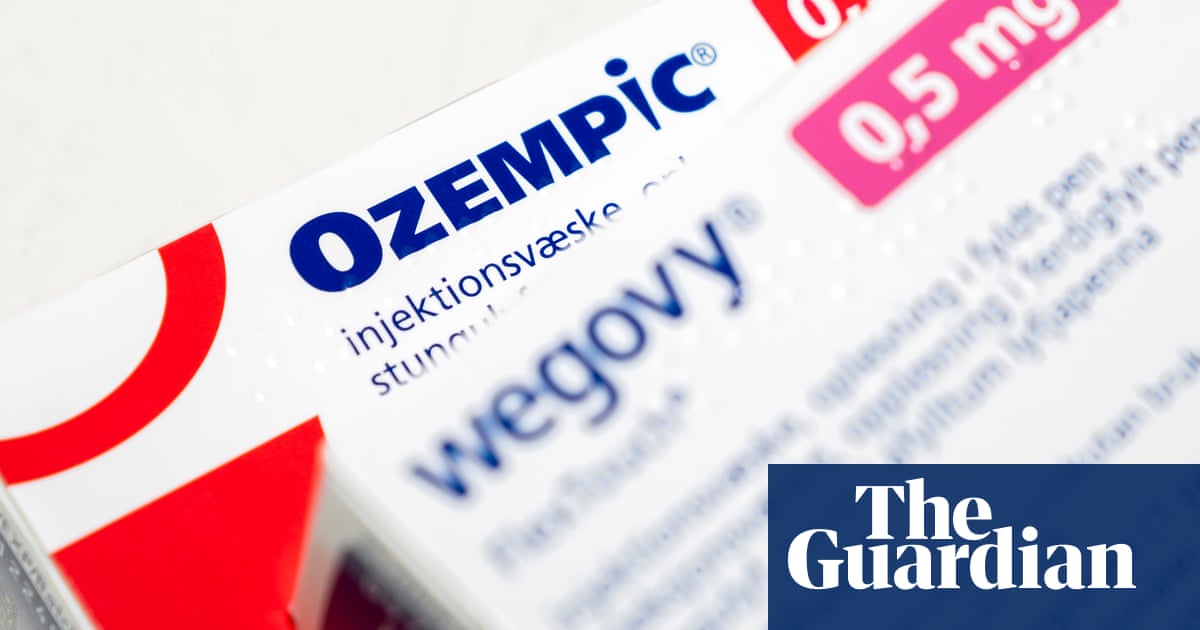Growing Unease Around GLP-1 Drugs: Accessibility, Efficacy, and Long-Term Weight Loss
This article explores the implications of GLP-1 weight-loss drugs, focusing on accessibility challenges and concerns about long-term weight maintenance after treatment.
Overview
As GLP-1 drugs gain popularity for weight loss and improving health, issues arise regarding their affordability and long-term efficacy. A West Virginia subsidy program helped many, but it was abruptly ended, affecting access for low-income individuals. A large study confirms these drugs can reduce kidney disease risk, yet many users fear weight regain post-treatment, prompting experts to advocate for comprehensive lifestyle interventions alongside medication. Most patients express a lack of confidence in maintaining weight loss after stopping the drugs, highlighting the need for sustainable health strategies.
Analysis
Analysis unavailable for this viewpoint.
Sources (3)
History
This story does not have any previous versions.


